ARE YOU A GOOD PERSON?

When I was a kid, I admired Mother Teresa. She helped the poor and the sick, and she was an international symbol for Catholicism.
Now, as an adult, I realize that she poses somewhat of a challenge because of her extreme religious views and how she worked towards accomplishing someone else’s narrative – not always in the best interest of her fellow human beings (especially women).
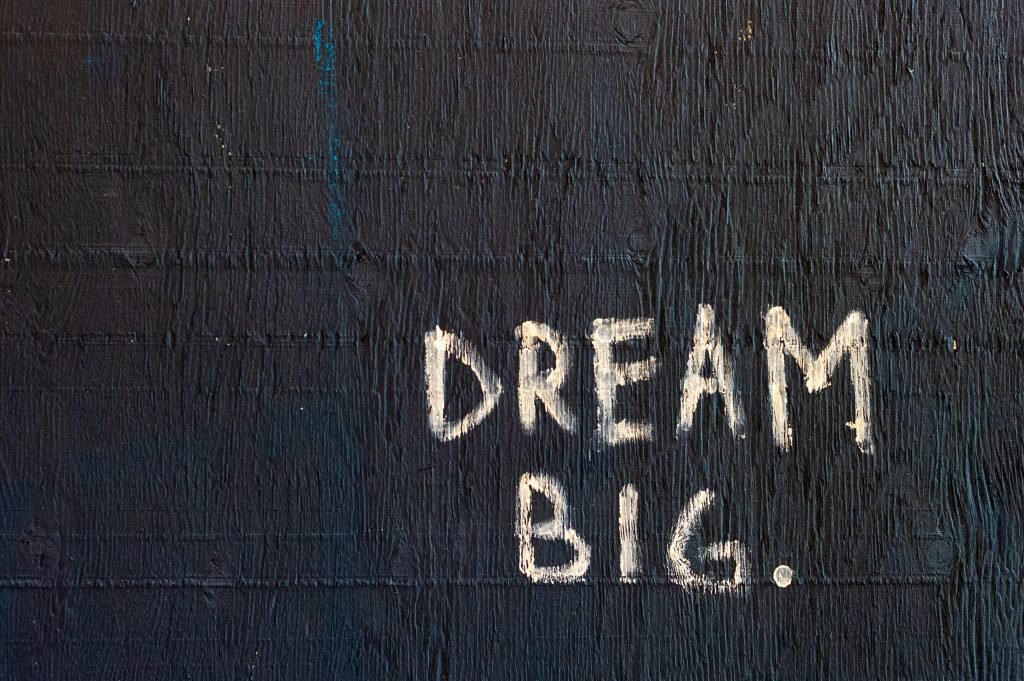
Nonetheless, she will make an excellent subject for this article since I will compare my goodness to hers. Additionally, like most of us, she must have had the best intentions of wanting to do good on a larger scale when she was a child. While most of us failed at that, she succeeded. Yet, as mentioned above, many now question whether she was a good person in hindsight.
If you are anything like me, then you want to be considered and viewed as a good person.
Having been raised catholic, it was not difficult to admire Mother Teresa; she was a prominent staple in catholic teachings, and her photo was notably displayed in many catholic facilities. In a way, it was not surprising that I wanted to be like her when I grew up.
So why didn't i?
I do not know why this thought struck me just the other day. I am happy with my life. Yet, images of Mother Teresa kept popping into my mind, especially during vacuuming while contemplating my place in the world. A world full of social injustice, unrest, and human animosity – if you want to believe all the media outlets.
When we are frequently bombarded with hostility and hatred, we tend to want to go to the extreme opposite.
We long to believe in the good of people, and we cling to the hope that decency and justice will prevail in the long run. We look to those individuals who have brought light into this world, and we want to trust that one single person can make a change for the better.
Mother Teresa is a prime example of one individual impacting many lives with little resources (at first). Other than her, I had a hard time coming up with another ‘living’ humanitarian who was down in the trenches with the same international impact.
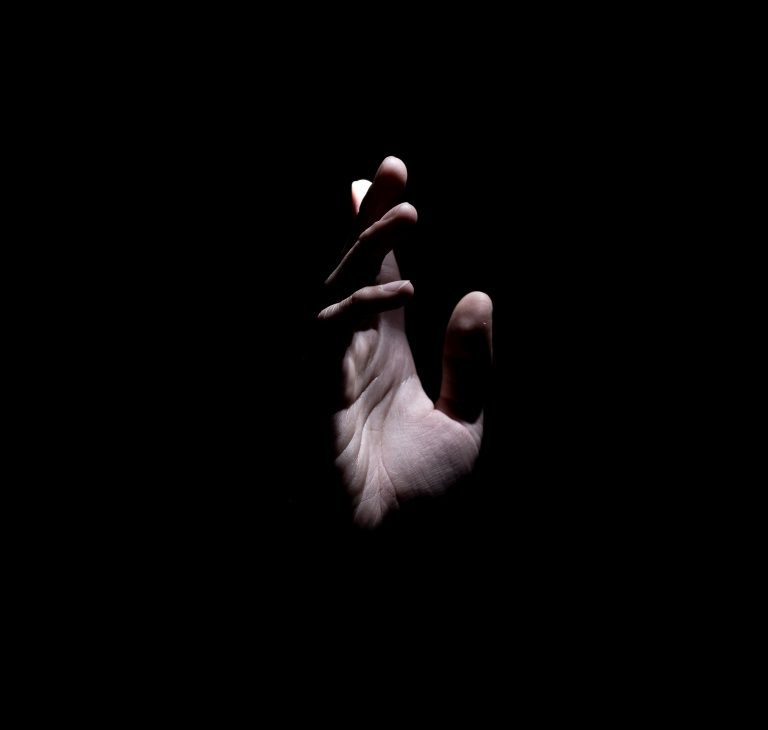
While the news these days is depressing, it was not the reason why I kept thinking about Mother Teresa.
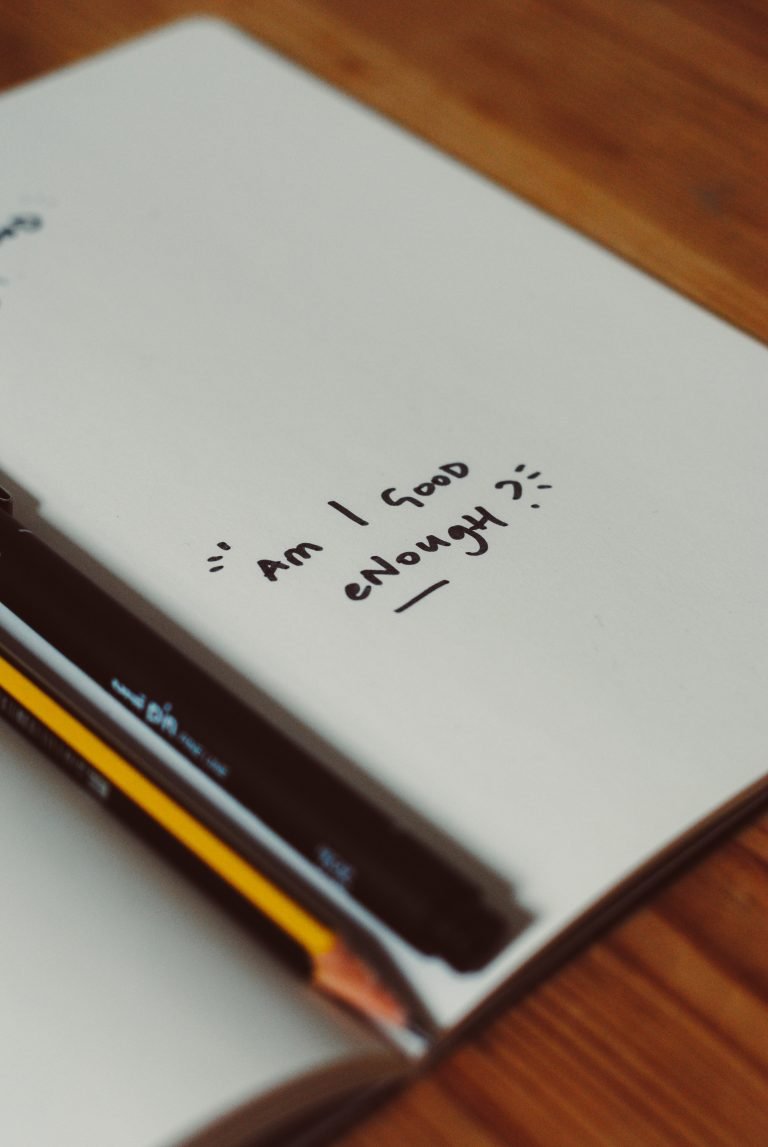
Bear with me as I’m about to indulge in some self-pity:
Pushing the vacuum around and seeing the nice smooth carpet in its wake, I was sulking on the fact that after all my efforts in writing meaningful articles and posting educational content on social media, my audience not only remained small but didn’t seem to want to engage with me. It made me question my purpose as a women’s advocate.
It can be demoralizing when people comment and react to cute cat memes, but then fail to comment on a touching article or post about real issues. It made me question “me” as a person and influencer, and ultimately, if I was good enough.
And then, Mother Teresa popped into my mind as my childhood heroine and how she had succeeded in engaging a world audience while advocating for the poor and the sick. I really felt like I had failed on a larger scale.
What had happened to me that prevented me from “doing better”?
I had the best of intentions. By adulthood, I was aware of the road travelled by Mother Teresa in order for her to get to be “Mother Teresa”. I was not religious or into the poor; two things that propelled Mother Teresa. What I am really trying to say is that I want a smooth carpet without vacuuming.

Okay, maybe not to that extreme, but I had to consider that I craved the attention and recognition “as a good person” while not wanting to put in the effort.
Whereas I had put in a decent effort in my advocating, yet still had little to show for in monetary or emotional rewards. I had not turned out to be like Mother Teresa, and I was not making a difference anywhere else when I did give it a whirl. Hence the self-pity.
While considering the injustice of me having become an average person, I was faced with another reality. One that did not add to my feelings of worthiness:
Was I jealous?
I will be the first to admit that the initial thought that comes into my mind when I see someone achieve fame for doing something good is: “I can do better than that”.
It is an ugly thought, and I am working on changing my perspective.
Unfortunately, women are taught to be judgmental because of the (gender) competitiveness they face in everything they do, which does not intend for women to be supportive. Plus, my ego is big enough to think that I can do better.
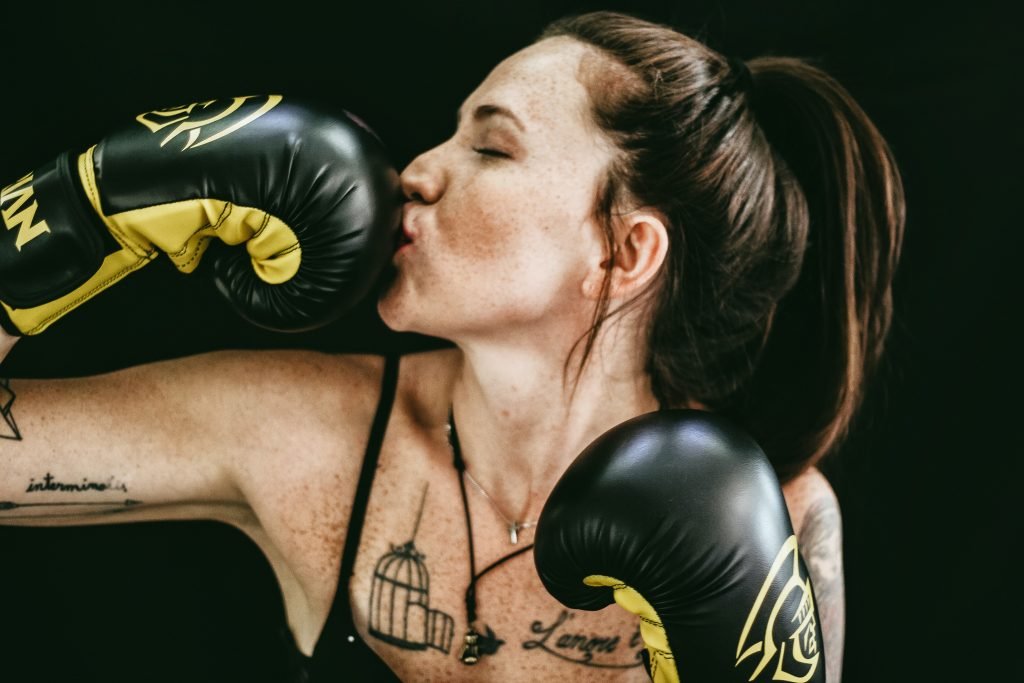
Could I actually do better? Who knows? The point is that I want to believe that I can as a justification for me not doing it.
Everyone wants instant gratification. We often put in the work only if we are guaranteed some type of return on the investment. And yes, the act of helping another person can offer huge rewards – if one is comfortable with her/himself and does not need to fill that emptiness by posting their good deeds to the world on social media. Can you become famous being a humanitarian without self-promotion? I, once again, can only think of Mother Teresa – and even she had help from the church. Hers was a give-and-take relationship: the church supported her, she brought in money for her church and her cause, and the church fueled her fame, which brought in even more money.
It is easier to become a major humanitarian once you are rich and famous – because then you have the means to support your cause without much personal effort and influencers. We can use fame and money to buy the title of humanitarian, but that rarely works the other way around without some type of negative side effect. No offense meant here. I wish I were rich to become a better person and humanitarian.

We all want to do good. But I do believe that “to do good” changes as we grow from our innocent childhood into adolescence into adulthood. The time when greed takes over to meet society’s expectations.
“Doing good” turns into adopting a pet, planting a tree, volunteering, donating to a worthy cause, and going vegan. Or in my case, I tried my hand at advocating for women’s rights.
And it IS all good.
But it is a far cry from becoming Mother Teresa. Or is it?
We are shaped by our environment, by our parents, and by society, and once the gears start turning, it is hard to break out of a cycle that seems to have determined our path in life. It is easier to go to nothing from nothing. When you are poor, you have nothing to lose. Nothing to lose is synonymous with not having to give up anything.
This concept changes when you grow up in a developed country, where the system is dependent on you becoming an integral part of its plan, and where we are taught to believe materialism will buy us happiness. Chances are, unless you had a major life crisis, you will never go down that humanitarian poverty road as an adult. We are too accustomed to our comfort, our routine, and the conveniences of modern life.

True humanitarians are simply filled with love, and they know that is enough. And that again sounds horrible to me as an average person. I got love. What I do not have is the willingness to “give up” what I have in materialistic items and ideological views that stand in my way. Most of us are not willing to give up what we worked so hard to obtain. But we are willing to give our time and money as concessions to our weaknesses. And if you are religious, you can ask for forgiveness. While I am not religious anymore, I consider myself spiritual (to some degree).
Can non-religious people be like Mother Teresa?
Of course they can.
You do not need to be religious to believe in a greater cause or in decency or humanity.
Helping another human being is not a religious act. It is a human act. It can be driven by religion or other values.

Though I would imagine that if you are associated with a religious institution, then you probably have a bit more stability in having a place to live, being fed, and having access to care and support in order to pursue your passion (as long as you keep preaching their gospel).
When you help others, you will always need others to help you in return. Having a big church behind Mother Teresa surely did not hurt. When you ask for money from others though, you must be aware of the motives behind that donation. Same as with politics. You can try to do good, but you are limited by who supports your cause.
We have to take the good with the bad. Trust me, I do not like it either.
I find myself wondering if Mother Teresa thought of herself as a good person.
Did she ever question her religion or her faith in her religion?
Did she ever see any flaws in her approach or in her treatment to others? I bet she did.
As humans, we all question our intentions and our actions at times.
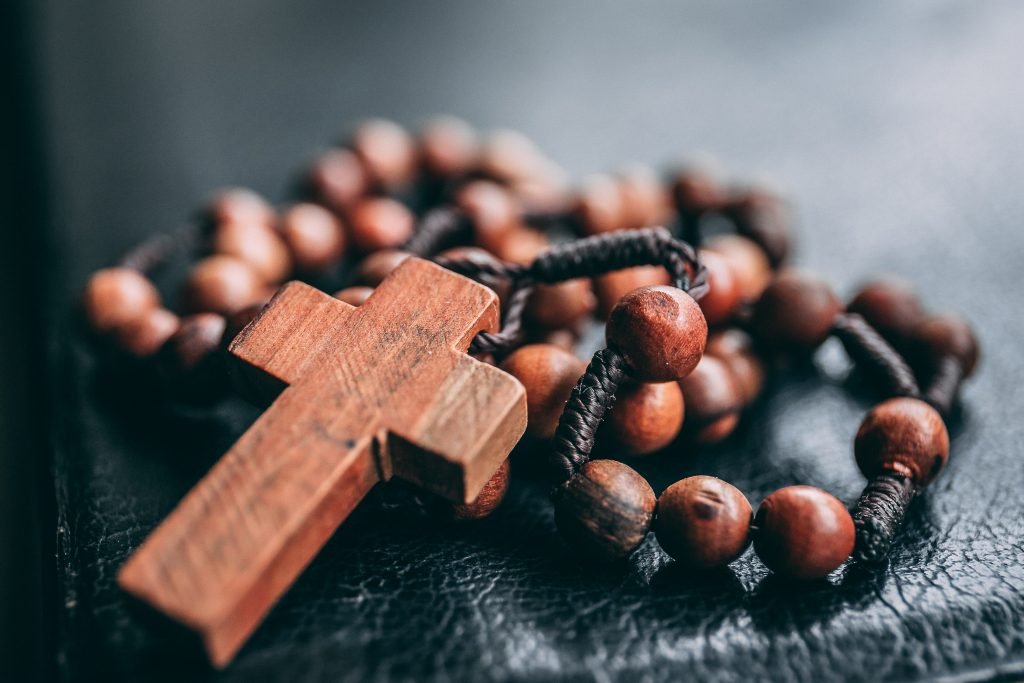
Undoubtedly, Mother Teresa’s association with the Catholic church restricted some of her “goodness”.
She chose the path that was available and familiar to her and therefore also bought into an institution that, even today, imposes limitations when it comes to addressing human struggles in a modern world.
Here is the good news:
Not all of us can do great things. But we can do small things with great love.
Mother Teresa Tweet
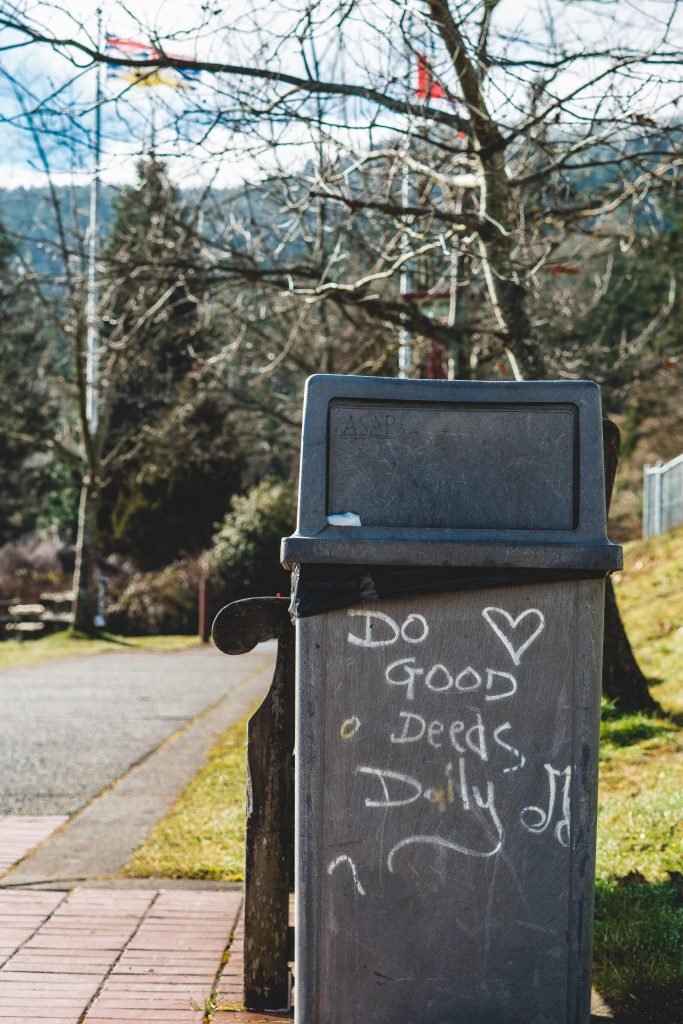
I think we can agree that she has an excellent point here.
Do not beat yourself up over not measuring up.
If you have love, that is all you need to be a good person. That love can translate into many good deeds: support those who support the needy at the front lines. Donate. Money is what buys the food, clothes, medication, and other necessities for the needy. Volunteer if you do not have money to spare; sometimes time is more valuable than money. Plant a tree, because we are cutting them down at a record pace, and they do provide that wonderful oxygen that we all crave. Adopt a pet. The world would be a sad and lonely place without them.
As for me, I will continue to write and speak up for women’s rights. I realize now that my passion to make things better for women cannot be ignored, nor should it. It is not about me reaching fame and millions of people. It is about trying to reach just one person with the resources that are at my disposal.
That one person could be the individual who will change the world for the better on a larger scale.
In closing, you do not have to go big to be a good person.
Just do what you can, make an effort, inspire others. Each deed is good enough.
And so are you.


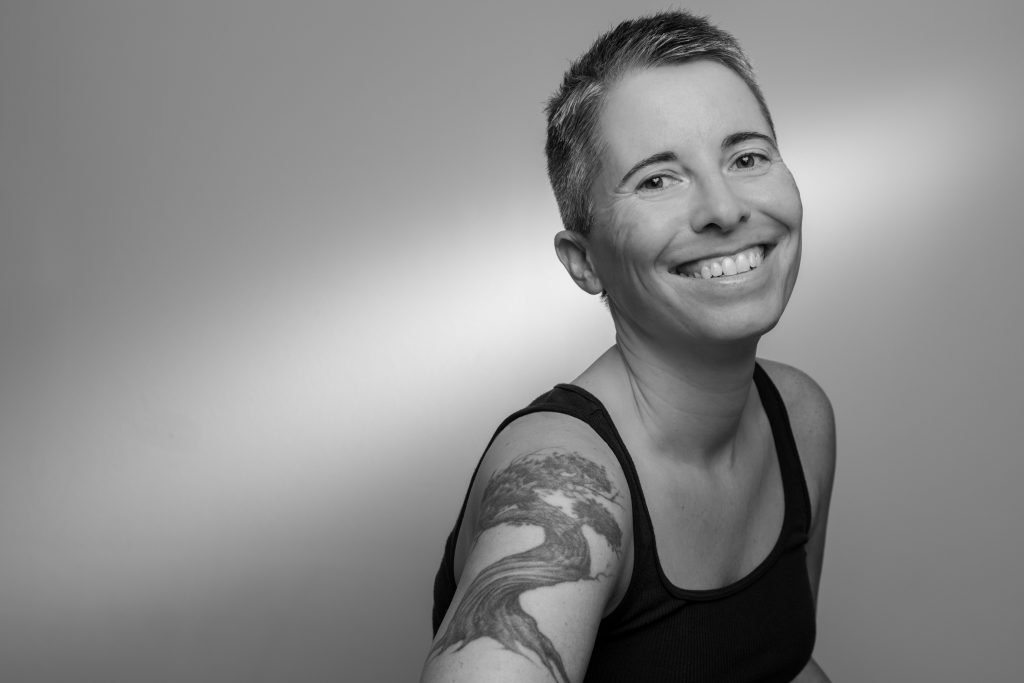
Thanks for reading! I’m Petra, and I’m an author, speaker, and women’s advocate.